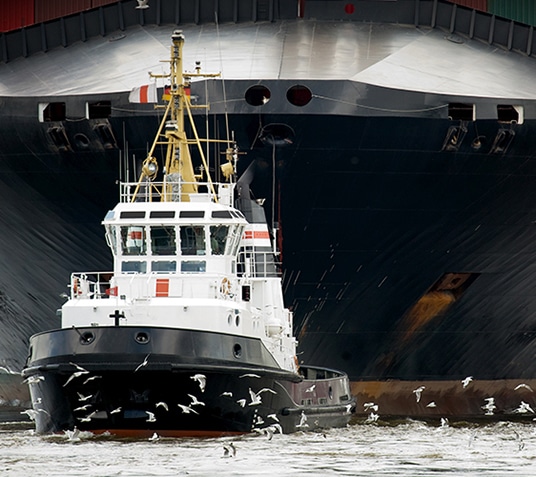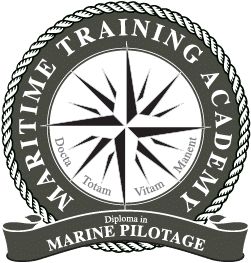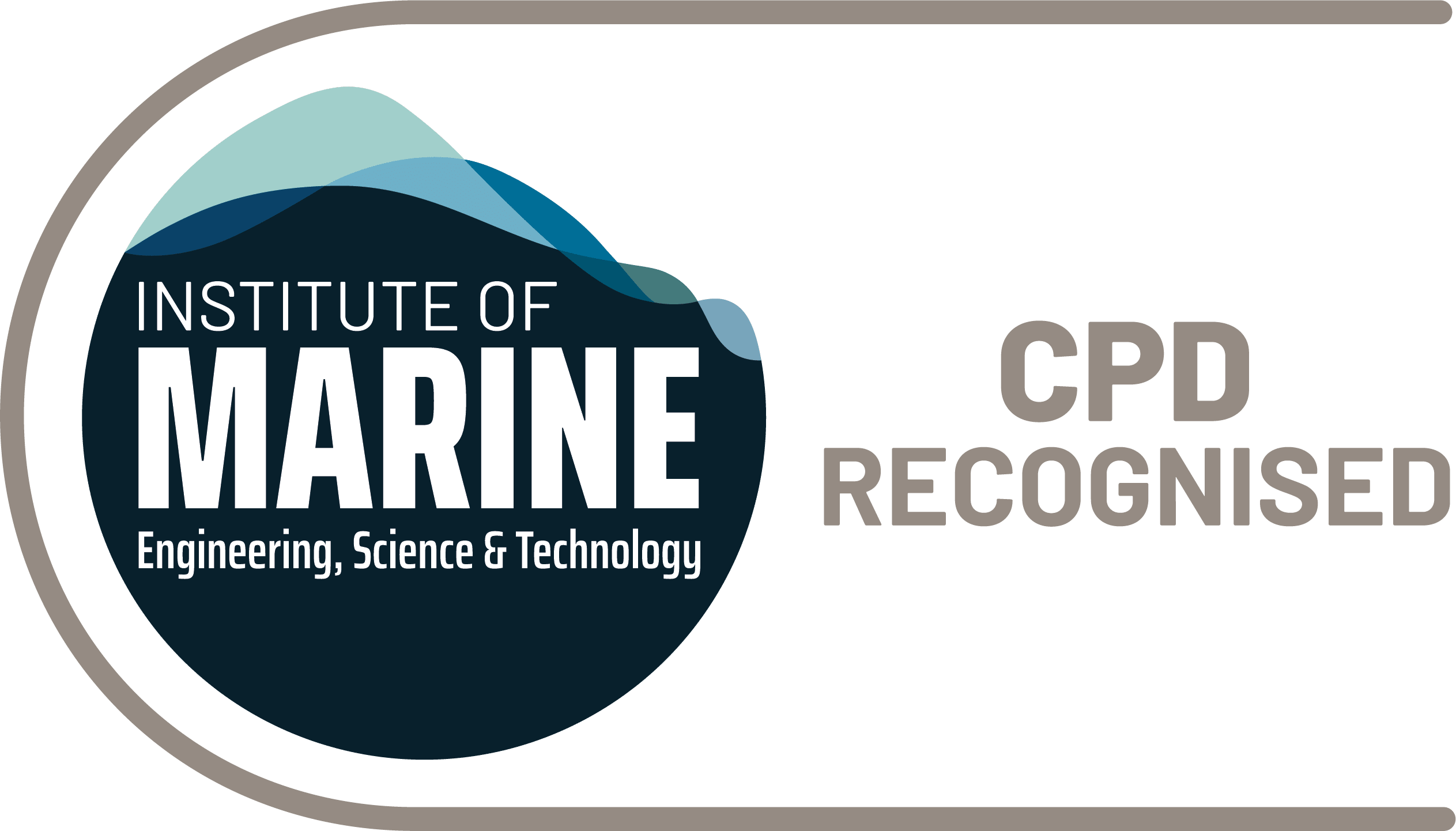DIPLOMA IN
Marine Pilotage
Who is This Course Suitable For?
This course is for marine pilots and people working in related areas that wish to learn about this part of the marine industry. Ideal for the professional looking to update and consolidate their knowledge and the novice wishing to start a career.
Duration:
12 – 18 months
Modules:
10 in total
Cost:
Diploma: £2,950
Certificate: £2,150
Recognised by: 
About the Course
This unique Diploma has been developed to educate those working the marine pilotage sector. With this course you will develop your skills and improve your knowledge of the industry. This course will give you a greater understanding of the role of the marine pilot and in turn will give you the skills necessary to build a successful career within this growing industry.
Module subjects include key topics such as the types of pilotage, ship handling and bridge management as well as other essential subjects such as pilotage law, port control and boarding emergencies.

Course Structure
The course consists of 10 modules. All students are required to successfully complete and pass the module assignments. Diploma students will also be required to sit and pass a final examination.
1. Introduction
- Introduction
- History of pilotage
- Types of pilotage
- Conduct of pilotage
- Legal framework – legislative and regulatory requirements
2. Pilotage Training & Techniques
- Pilot training and techniques
- Marine experience
- Methodology
- Simulators
- BRM and BTM
- Cultural awareness and management
3. Pilotage Law
- Pilotage and legal history
- Legal concepts
- The law of contract
- The law of tort (negligence)
- Liability in contract and tort
- Responsibilities
- Maritime law
- The flag state and ownership
- The Pilotage Act 1987
- The pilot
- Trinity house and pilotage associations
- The IMO and national laws
- Pilot boarding and pilot ladders
- Table of cases
4. Canal and River Pilotage
- Canal pilotage
- River pilotage
5. Use of Tugs – The Pilots Perspective
- Types of harbour tugs
- Towing equipment
- Tug interaction and associated risks during towage operations
- Ship design and towage equipment
- Manoeuvring with tugs
- Escorting with tugs
- Communications & good practice
6. Boarding and Leaving a Vessel
- Regulations in respect of pilotage access and egress
- Boarding and leaving and dockside
- Pilot ladders
- Accommodation ladders
- Alternative boarding arrangements
- Shell Side Doors
- Transition from pilot cutter to ship
- Making a lee
- Boarding emergencies
7. Ship Handling
- Anchors and Anchorage
- Open and closed side berths
- Wind, tide and weather
- Hulls shapes and pivot points
- Thrusters
- Steam, diesel, electric and nuclear engines
- Squat and vessel interaction
- Article on Azipods
- MCA notice to mariners number MGN 199
8. Sea and Offshore Pilotage
- Pilotage and Legal history
- Offshore pilotage
- Pilotage areas
- Pilotage and special operations
9. Master/Pilot Information Exchange
- The pilots role
- Communication
- The bridge card and information
- Monitoring and teamwork
10. Harbour and Dock Pilotage
- PEC or Pilot exemption certificates
- Pilot grading
- Local knowledge
- VTS interface
- Tidal windows
- Byelaws
- Competent and statutory harbour authorities
- Other water users
Career Pathway
Career path:
Starting as a trainee pilot (often practical marine experience is also required), progressing through port-specific training and then progressing to larger vessels as experience is gained.
Salary:
£45-75K per annum.
Duties:
To provide local knowledge and expertise (Pilot’s advice) for ships entering and leaving harbour. This usually involves shift work.
Meet the Course Director
Chris Hoyle
There are few people more passionate about pilotage than Chris Hoyle.
He started his career with a merchant navy background and has held a Class 1 Master Mariner Unlimited from 2001. After ten years at sea, he started a shore-based career initially as Supervisor and Duty Harbour Master responsible for the safety of navigation within the Southampton and Solent vessel traffic services (VTS) area, before qualifying as an Unrestricted Senior First Class Pilot where he has conducted some of the world’s largest vessels in the UK’s busiest stretch of water.
Chris is currently the Vice Chairman of the United Kingdom’s Maritime Pilots Association (UKMPA) and is instrumental in developing design ideas with Lloyd’s Register Foundation and the Royal College of Arts, Chris’s collaborative approach makes him the ideal Course Director for our diploma. Chris is focused on stakeholders’ awareness of, and engagement with, the marine pilotage industry. He is the current editor of the UKMPA’s popular The Pilot Magazine.
This broad base of knowledge and experience brings an ideal support mechanism for our students.


DIPLOMA IN MARINE PILOTAGE
On passing the Diploma, you will receive the above icon. Please use it on your business cards, LinkedIn profile and website(s)!
You can also use these letters after your name: MTA Dip MPilot
Flexible
Supportive
While the nature of distance learning is independent study, we recognise the importance of support. Students can contact us at any time during their course for assistance and our team of industry experts are always on hand for advice.
Expertise
We have over 50 industry experts writing, developing and advising on our course material. We truly believe that allowing students to tap into their expertise and knowledge is of the utmost importance to fulfil your dream career.
If you would prefer to complete this as a classroom-based course, please contact us.
FAQs
How long do the courses take to complete? What's the difference between a Diploma and a Certificate? Read through our Frequently Asked Questions below to find out the answer.

















 Sign-up to receive email updates
Sign-up to receive email updates